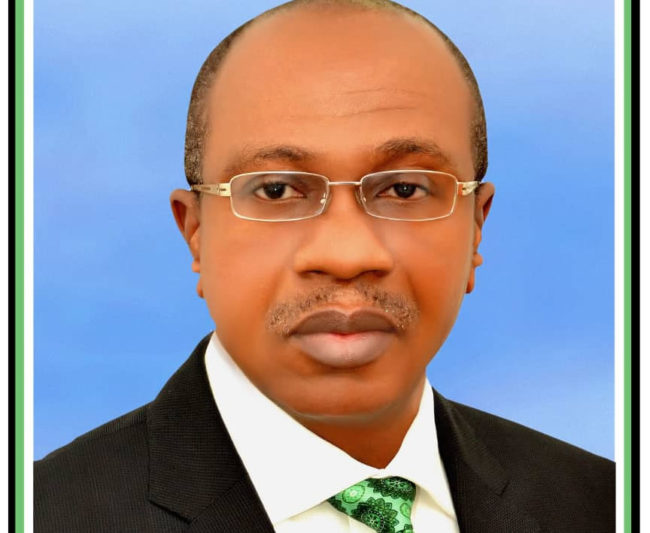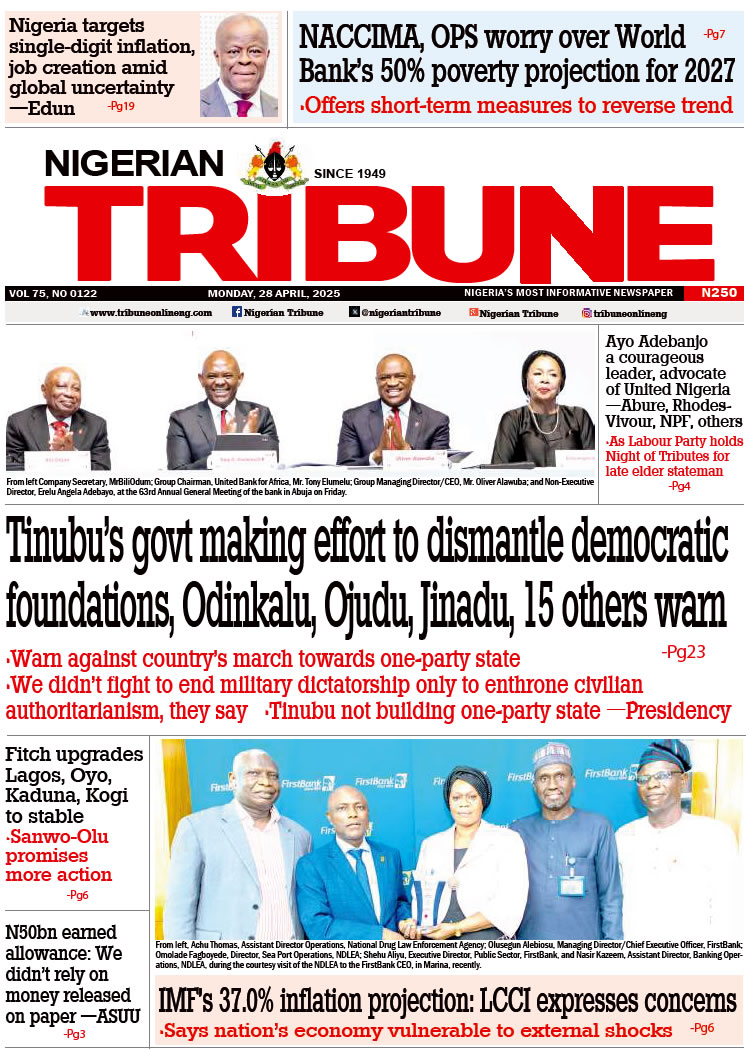Following what has been described as a market failure in the economy, the Central Bank of Nigeria (CBN) says it has rolled out a total of 37 interventions programmes aimed at salvaging different sectors.
The Acting Director, Corporate Communications Department of the apex bank, Mr Osita Nwanisobi, disclosed this while speaking at the two-day CBN fair which started simultaneously in Lagos and Ogun State on Thursday.
According to him, the interventions speak to the particular needs of the Nigerian people in line with the CBN governor’s promise to run people-focused central bank.
The CBN fair he said, creates an avenue to interact with stakeholders and take home their feedback.
He observed that as part of its responses to the COVID-19 pandemic, the CBN disbursed N253 billion to 548,345 beneficiaries comprising 470,969 households and 77,376 Small and Medium Enterprises (SME’s) in Nigeria.
Mr Nwanisobi said the bank also reduced its interest rate on CBN intervention loans from 9 to 5 per cent and initially created a N150 billion Targeted Credit Facility (TCF) for affected households and SME’s through the NIRSAL microfinance Bank.
Nwanisobi said the fund has since been increased in order to accommodate more beneficiaries, boost consumer expenditure and positively impact output growth.
He said: “As part of the Bank’s responses to the pandemic in Nigeria, the CBN approved a one-year extension of moratorium on principal repayments for its intervention facilities; in addition to granting Regulatory Forbearance to banks to restructure loans given to sectors that were severely affected by the pandemic.
He noted that the Anchor Borrowers’ Programme had provided intervention facilities to 3,107,949 small holder farmers cultivating 3.8 million hectares of land while about 29,026 beneficiaries have accessed N111.7 billion under the Agri-business/Small and Medium Enterprises Investment Scheme (AGSMEIS).
He then assured that the CBN will continue to sustain its interventions in the critical sectors of the economy, particularly in Agriculture, Manufacturing, MSMEs, Infrastructure, Creative Industry, Health among others to stimulate inclusive economic growth and development of the country.
He also charged Financial institutions in the country to accept Jewelleries and motor vehicle particulars as collaterals for loans from small holder farmers, because that is the essence of establishing Nigeria’s collateral register.
According to him” As part of the bank’s policy thrust, it desired the economy to grow by double digits, reduce inflation to single digit, address youth unemployment, build a robust payment system and increases the flow of resources into critical sectors.
Nwanisobi noted that with myriads of challenges facing the country, the time to start the diversification is now, stressing that the CBN has adopted value chain financing to finance Agriculture.
Also speaking, the Director-General of the National Orientation Agency (NOA), Lagos directorate, Waheed Ishola commended the central bank for bringing itself to the people at the grassroots. He assured that NOA will continue to partner the bank in order to pass information about CBN’s interventions in the country.
YOU SHOULD NOT MISS THESE HEADLINES FROM NIGERIAN TRIBUNE
Battle For First Bank: The Untold Story
Last week was one of twists and turns for First Bank of Nigeria Limited, the nation’s oldest banking institution. It was a week that saw the bank’s MD sacked and reinstated, as major shareholders struggled for control of the financial powerhouse. SULAIMON OLANREWAJU reports…
#EndSARS Panel: Drama As Witness Presents Video Evidence Of Slain Lekki Protesters
A witness of the Lekki tollgate shooting incident, Miss Sarah Ibrahim has presented video evidence of people injured and killed at the scene to the Lagos State Judicial Panel. Tribune Online reports that…








